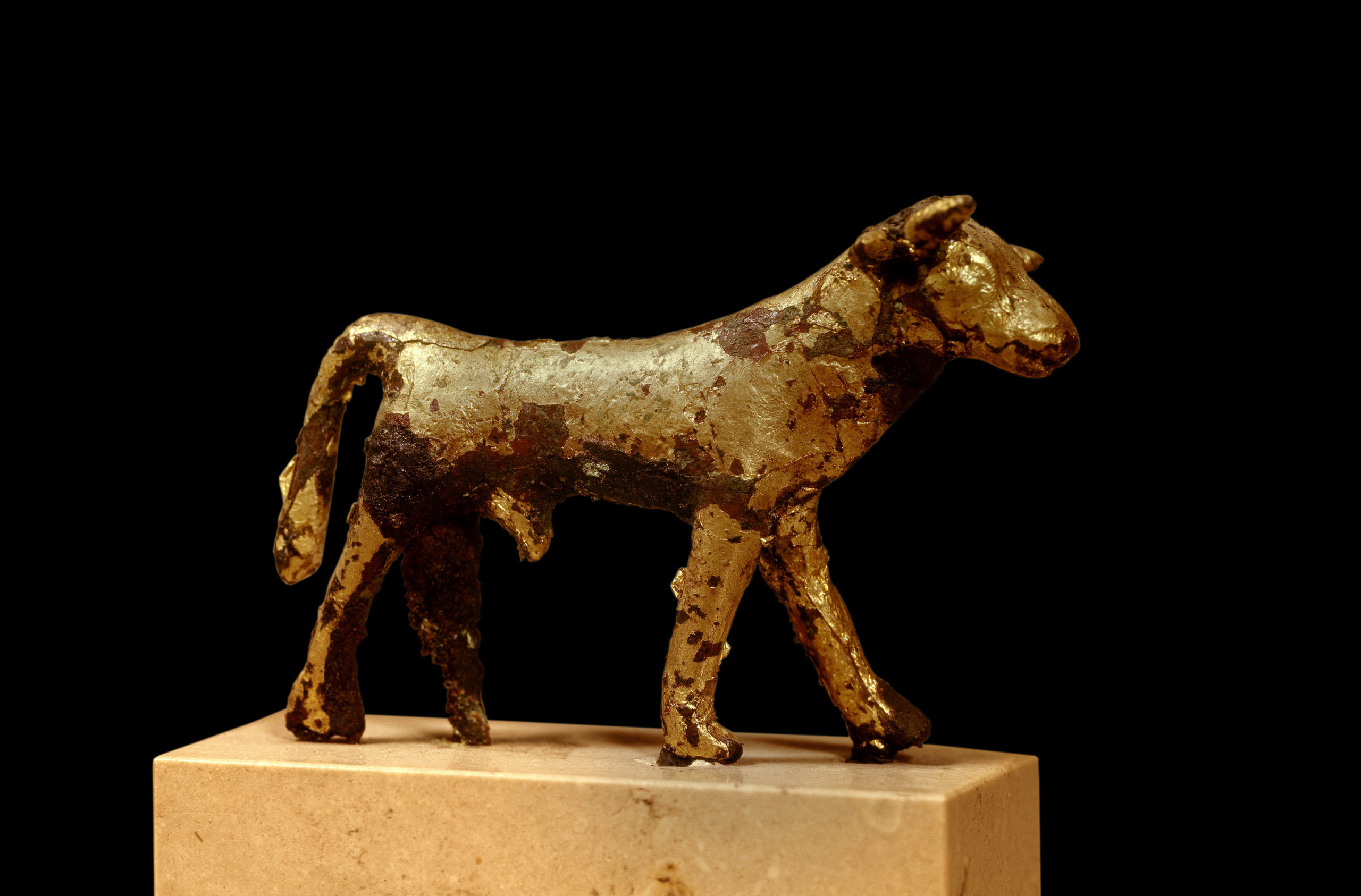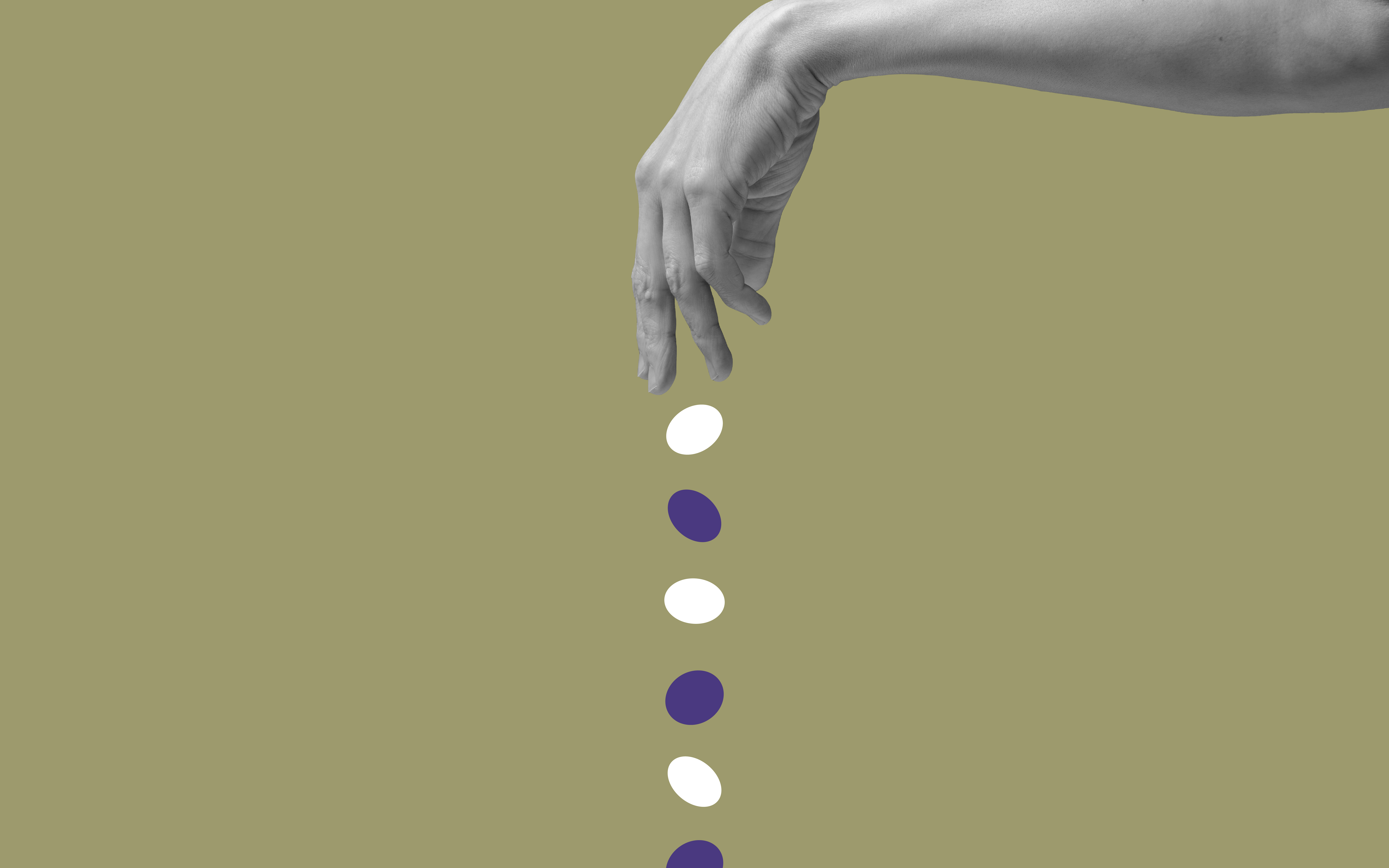A free republic depends on citizens who can take their prosperity into their own hands.
Fair is Foul

Inequality and unfairness cannot be eliminated without eliminating what is best in humanity.
All moral philosophy, including religious philosophy, has at its core one tragic dilemma: the human heart longs for justice, but the world is unjust. The innocent suffer, worthy endeavors fail, the evil rise and the good die young. Often there is no one to blame and nothing to be done. How then shall we live?
It is a simplification but not an untruth to say that Western moral philosophy has developed three basic responses to this question. One of them is Biblical. The other two—one Nietzschean, one Marxist—are materialist.
It’s those materialist responses that, taken to their extremes, bathed the 20th century in blood. Today, in more moderate forms, they nonetheless threaten to tear our republic apart.
Friedrich Nietzsche understood that in a world without God, humanity’s moral instincts are all up for question. Why then choose a Judeo-Christian morality that coddles life’s losers? We should trust instead the greatest winner, the Superman, to create a new morality of his own. Defenders of Nietzsche claim he would not have approved the Nazis who admired him. But I think fascism is, indeed, the natural end of his philosophy.
Karl Marx reasoned this way: if man’s heart seeks justice and the world is unjust, let man humanize the world, beginning with the “ruthless criticism of all that exists.” Though Communism was only a “special expression” of this humanizing project, the Marxist certainty that history had a benign humanist direction gives Communism—and today’s Marx-inspired Critical Theory—the license to censor, bully, banish or crush anyone who opposes its grand re-designs of the moral universe.
Both men put their faith in the human heart. Marx believed it could and would wrestle the world into conformity with its own sense of fairness; Nietzsche believed it could create a man who would lead us beyond that sense to something better. To understand why these two philosophies destroy so many lives while making the world not better but worse, we have to turn to the religion that Nietzsche buried and Marx dismissed.
The Judeo-Christian analysis of humanity’s tragic dilemma begins with this: something has gone wrong. The world was created good but is broken by sin. This sin so divides the human heart that each of us must repent of it and follow the promptings God implanted in our hearts when he made us in his image. We can’t unbreak the world, but with God we can begin to overcome the world within ourselves.
This wise distrust of human devices and desires outdoes the philosophers in realism. Where fascism seeks an Übermensch to refashion our morality, scripture advises us: “Do not put your trust in princes, in mortal men who cannot save.” Where leftism fantasizes some benevolent state that makes all things fair, 1 Samuel 8 reminds us the “state” is just humans with power, and will therefore make us slaves.
History confirms the religious approach. Materialist fascism and Communism slaughtered more people in a single generation than all the crusades, pogroms, and inquisitions since the year zero. But logic too is on scripture’s side. As Genesis repeatedly intimates, the human quest to seize the moral high ground from God—to force the advent of our imagined utopias—brings us constantly into conflict with the good life we so desperately desire. Those who put their faith in princes inevitably end up rationalizing and imitating the ugly actions of their idols. And as for Marx’s “ruthless criticism of all that exists,” note how Critical Theory always starts out identifying a problem—racism, misogyny, power imbalance—and ends up becoming what it beheld—racist, misogynistic, power hungry. It is a rat caught in the circular maze of reality.
Because, painfully enough, it is precisely in the vital and ever-present tension between the imago dei and the broken world that human life moves toward fruition. The imbalances between men and women may lead to abuses, but they are also the source of beauty, romance, and children. Genetic gifts of health, intelligence and talent, alongside historical legacies of privilege, give some of those children unfair advantages over others. But they also create the civilizations that lift us all to new heights. Cultural competition between those civilizations means there will be losers and winners, but it is also what drives mankind to greater levels of invention and success.
In short, you cannot wholly solve the problems of humanity without eliminating what is best in humanity. Judeo-Christianity does not stand complacent in the face of injustice. God commands us to treat each person equally and charitably, and to set all people free. But injustice will remain. So whether rich or poor, free or slave, whether in safety or facing the crosses of tyrants or the state, we are commanded always toward love, forgiveness, and rejoicing.
These are the only righteous responses to the broken creation of a good God.
The American Mind presents a range of perspectives. Views are writers’ own and do not necessarily represent those of The Claremont Institute.
The American Mind is a publication of the Claremont Institute, a non-profit 501(c)(3) organization, dedicated to restoring the principles of the American Founding to their rightful, preeminent authority in our national life. Interested in supporting our work? Gifts to the Claremont Institute are tax-deductible.
Without an inherent right to property, republican government crumbles.
The liberal caricature of the miserable housewife has created more misery than it cured.
Wealth, if managed well, can be a positive good, not just a necessary evil.




